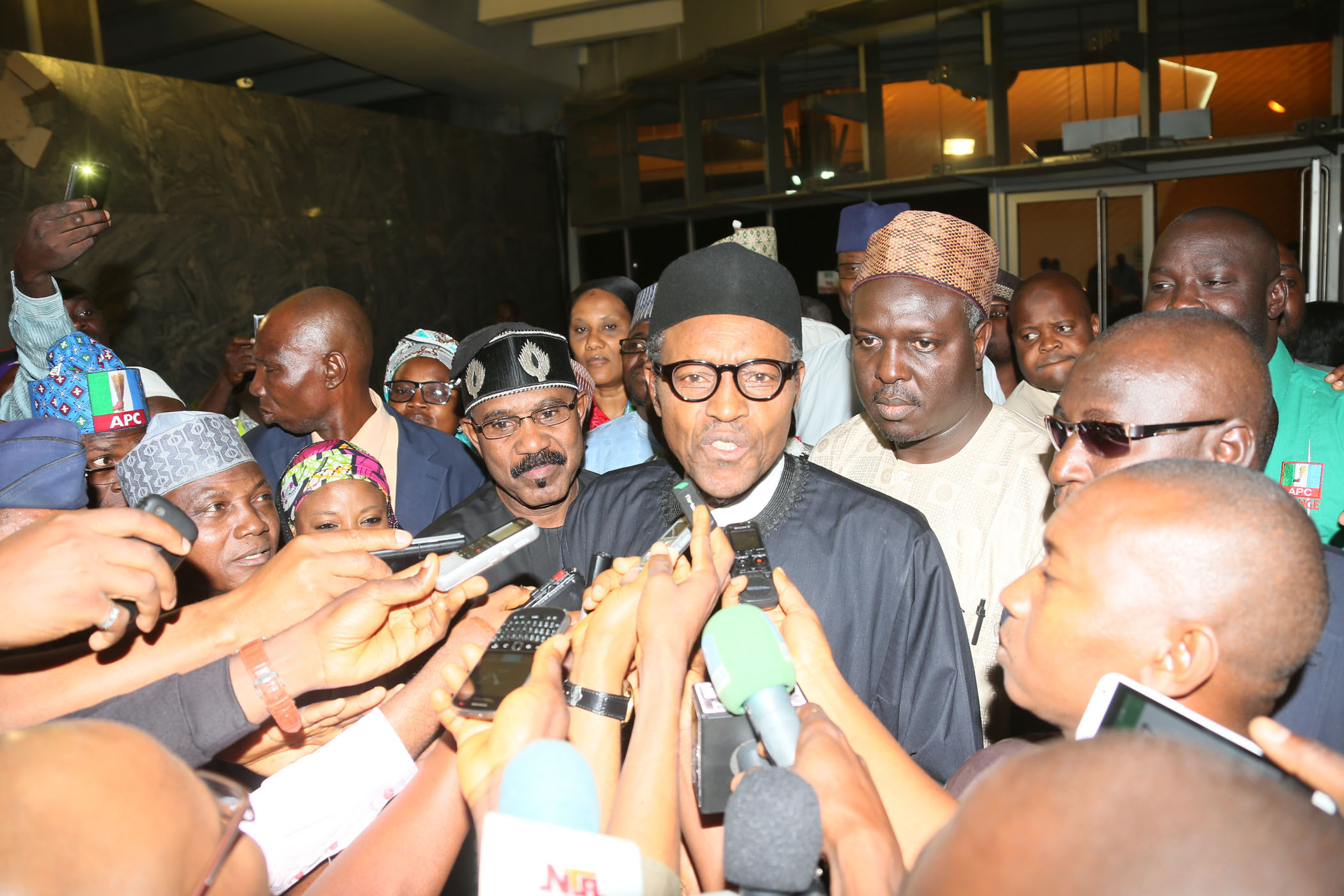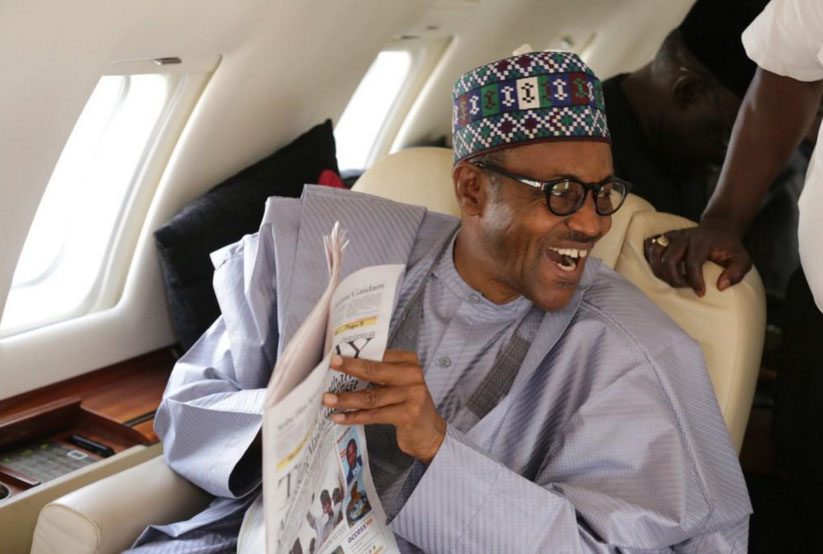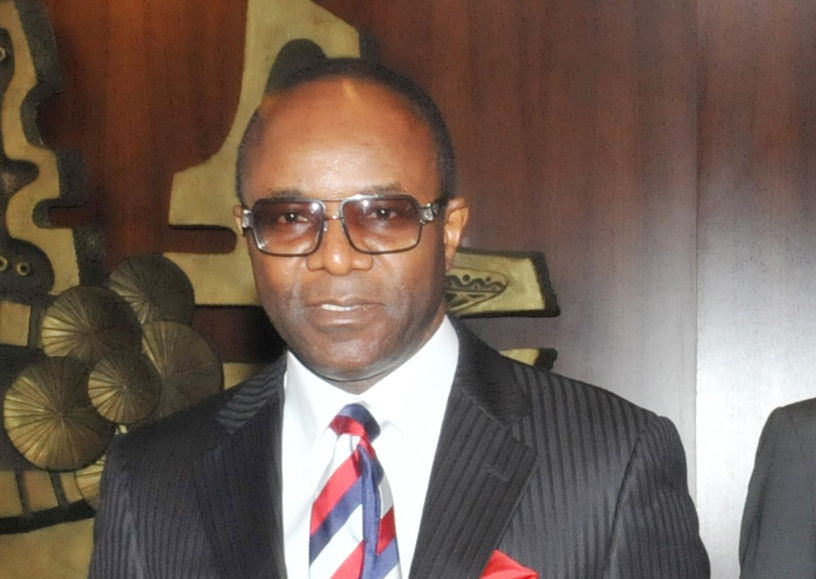We honestly can’t keep repeating how appalling the economic situation of Nigeria is right now.
Before the shocking fuel price hike that has heightened fears across the country, and spiked the cost of almost everyday goods and services, there had been serious apprehension and groan on how lack of electricity was forcing businesses to shut down and pushing able hands into the overflowing pool of the unemployed in the country.
Along with that came the demon of the dwindling dollar in the foreign exchange (forex) market. This case is quite straightforward. Nigeria is a petrodollar dependent country.
The oil and gas industry accounts for over 90 percent of Nigeria’s revenue source. The billons of forex inflow that is moved regularly into the Central Bank of Nigeria’s account and is shared every month by the federal government and the 36 states of the federation, and about $26 billion in our foreign reserve are proceeds from crude sales in the international market.
Advertisement
Interestingly, experts from the same international market have, for decades, been the individuals and entities mainly behind the processes of exploration and production of the 2.2 million barrels of crude per day sold by Nigeria (though the latest attacks on pipelines and oil infrastructures allegedly by a new militant group, the Niger Delta Avengers, have affected the current daily output), due to little or no capacity by Nigerians to undertake part of the processes and take significant share of the industry spend.
Now that the government has hit the dollar cul de sac due to the decline in the global crude price from which it earned its humongous greenbacks when the price was high, and has made an open declaration on its inability to subsidise petrol because of non-availability of forex for marketers to import which has tipped the price of the product up outrageously, Nigeria has resorted to an aggressive policy action geared towards alternative revenue earners, both in naira and dollars, that are essentially non-oil-dependent.
A painfully good experience, you would say. After all, necessity, they say, is the mother of innovations. And I’m certain that if Nigeria fails to seize this moment, however difficult, to reposition and reform her oil and gas industry and stimulate the economy through opportunities in other sectors, another suitable time may be too far to come by.
Advertisement
But, in all of this, the government must tidy up its policy approaches and communication for easy comprehension by the people. I have said that part of the major problems of this administration is lack of effective public communication and policy coordination.
The narrative of economy diversification that is being presented by the government is one that sounds like a total abandonment of the oil and gas industry and other related economic advantages in the sector, for one solely on manufacturing, production and consumption of “Made in Nigeria” goods.
It is therefore imperative to emphasise that greater economic recovery can be better achieved through an extensive touch on all economic variables that can lead to prosperity for all. And it is worth stating that the oil and gas sector already has its form of “Made in Nigeria” policy otherwise known as the Nigerian Content act which seeks to empower and develop ingenious capacities in the sector and is relatively more established and can be made more impactful and beneficial to the economy and many Nigerians.
This, I’m sure, was the thought of the new director general of the Nigerian Maritime Administration and Safety Agency (NIMASA), Dr. Dakuku Peterside, when he recently described the maritime sector as the soul of Nigeria’s economy, since oil and gas is often referred to as the heart of the economy, when speaking on how Nigeria can derive more gains from the Nigeria Oil and Gas Industry Content (NOGIC) act, 2010.
Advertisement
Ultimately, Dakuku is making a pragmatic proposition for the overall good of the nation through the proper implementation of NOGIC act from the perspectives of its connection with the maritime sector; and development of the local content in the maritime industry through the review of the Cabotage act, 2003. This is a commendable step, which I believe, if well managed, will improve the forex earnings of Nigeria and put the nation on a stable economic stead.
Prior to now, many Nigerians, particularly stakeholders in the maritime and oil and gas sectors, have expressed frustrations with government agencies within both sectors working at cross purposes and also with some items of both the NOGIC and Cabotage acts not broadly fulfilling their objectives of helping to develop indigenous capacities and competencies.
Thus it is expected that with Dakuku’s show of commitment to reviewing the Cabotage act and returning the industry to a path of excellence and profitability there will be improved and mutually beneficial collaboration between the Nigerian Content Development and Monitoring Board (NCDMB) International Oil Companies (IOCs) and NIMASA.
With this, and by repositioning the intents of the laws and providing necessary incentives and support for Nigerians to acquire vital skills and equipment in accordance with the provisions and desires of the laws, Nigeria can retain the targeted $10 billion from the annual industry spend of $20 billion in the oil and gas sector, a large chunk which continues to benefit different foreign countries.
Advertisement
Certainly, this is the kind of dedication and political will that is required to stimulate a sector-wide local content policy and approach.
Advertisement
Views expressed by contributors are strictly personal and not of TheCable.
Add a comment






